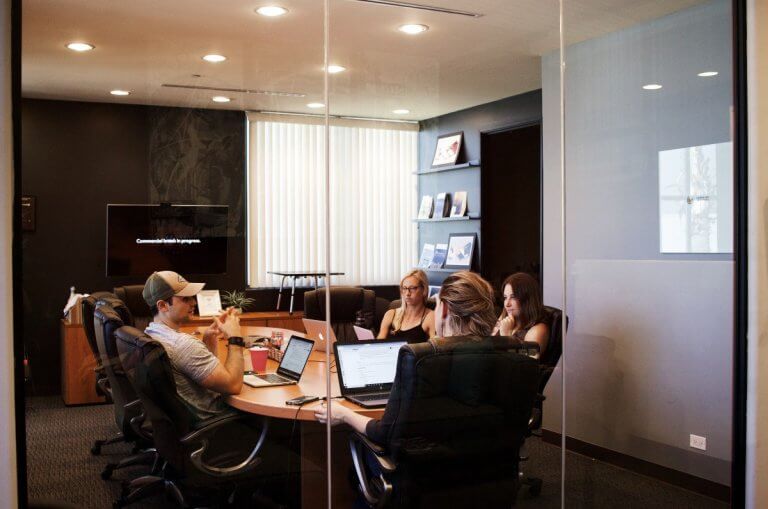
“Work with others, make connections, identify opportunities and embrace change.”
These four factors are what Professor John Harper, Principal of Scotland’s Robert Gordon University advises students to positively impact their career success.
But why is it so important to promote internships, work placements and partnerships between students and employers at university? Does it distract from learners’ studies?
According to a recent survey by McGraw-Hill Education, “Only 4 in 10 college students feel very or extremely prepared for their future careers.”
Students also explained to McGraw-Hill that they felt their “college courses and instructors are the most helpful in preparing them for careers, and that their choice of major will help them to get a job.”
From an employer’s perspective, there are concerns about the working abilities of graduates and the skills they’ve acquired, or haven’t acquired, thrroughout university.
“While 77 percent of students in our Future Workforce Survey said they feel confident in their professionalism and work ethic, only 43 percent of employers surveyed in the recent NACE Job Outlook Study said they feel students are prepared with those skills. Student confidence also outpaces employers’ perceptions for critical thinking, problem-solving, leadership, and oral and written communications skills,” the survey notes.
Top Education Stats of 2018 | Today’s college students are feeling more prepared for their future careers. https://t.co/wOMoeSFJnI pic.twitter.com/0etHUZJqIM
— McGraw-Hill (@MHEducation) January 4, 2019
If students feel their universities are not doing enough to support them after graduation or to prepare them for the working world, there needs to be an emphasis on new model partnerships between students and employers.
Setting up new strategic partnerships with local and global companies will expand a learner’s prospects, also increasing the credibility of the institution at hand.
Often, universities promote their existing industry partnerships to prospective students, but how often are they expanding and updating these connections?

Are universities doing enough to prepare their students for the future worlds of work? Source: Shutterstock
Innovative ways to increase industry partnerships
If you think your university’s career centre is struggling to make new industry connections, here are a few suggestions you could make:
- Workplace confidence workshops: Request a monthly event where students gather at the university career centre and discuss their worries or fears about entering the workforce. Not only would this increase student engagement rates with the centre, it would also help lower stress for future graduates.
- A ‘foot in the door’ day: This would be a great way to connect your skills to potential employers. If your university arranged a day where you take a behind-the-scenes look at a workplace, ask questions to employers and get a feel for the workplace culture, you may have a clearer understanding of what you want out of your degree and where it could take you.
- CV renewals: We tend to stick to the same CV format and drop it all over the internet without even checking whether there are more contemporary layouts to stick to. If your career centre doesn’t help out with your CV already, ask them to ensure they’re keeping up with the latest trends and portfolio styles!
These are just a few simple suggestions to help renew your university’s current partnerships – they’re open to interpretation.
So if you feel like your university isn’t doing enough to help you prepare for life after your studies, speak up and discuss solutions with your campus career centre.
Liked this? Then you’ll love…
How to apply for a work placement in Australia
The work experience employers want from social science graduates







